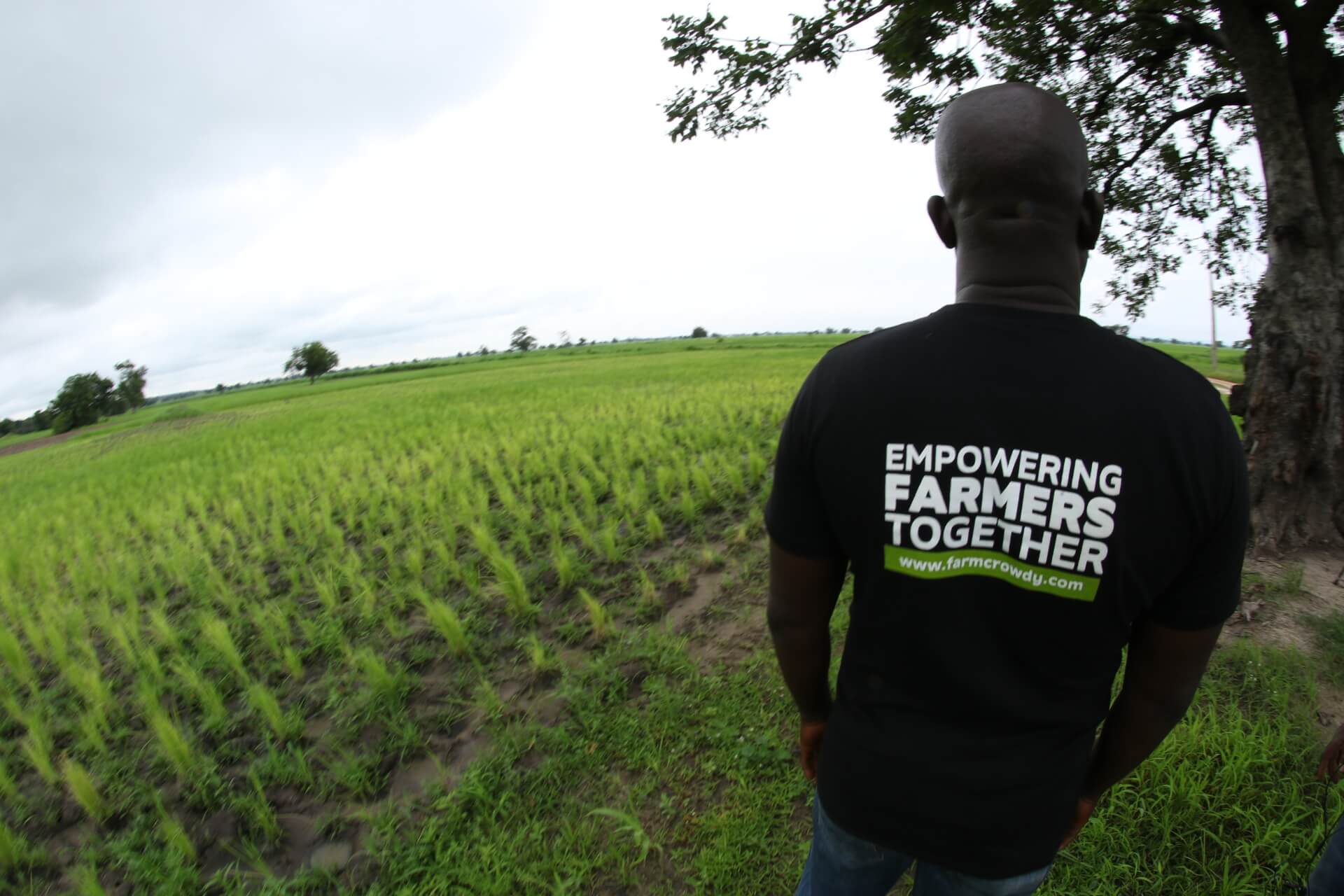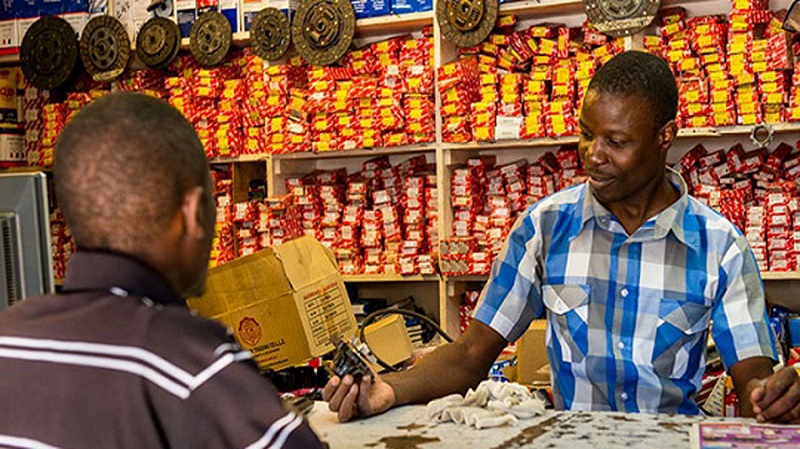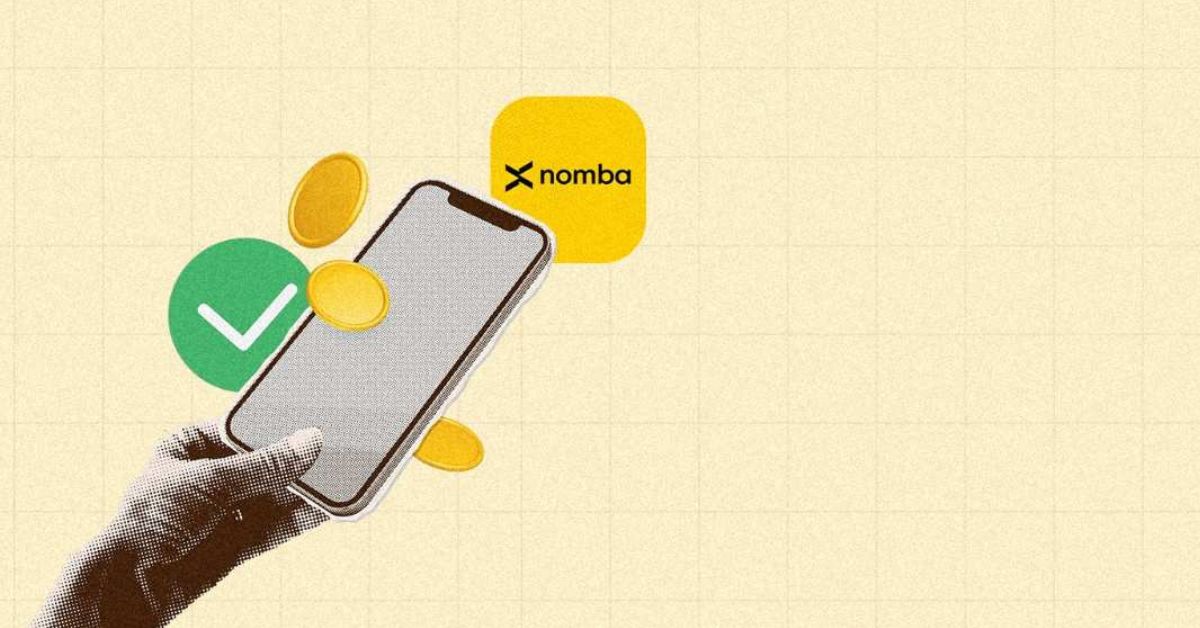After months of speculations and years of lip service, Nigeria’s Securities and Exchange Commission (SEC) is making concrete plans to regulate crowdfunding platforms. Over the weekend, the SEC released an exposure draft containing guidelines for investors and crowdfunding operators.
But before we dive into the esoteric guidelines, what is crowdfunding?
What is crowdfunding?
According to the SEC, crowdfunding is the process of raising funds to finance a project or business from the public through an online platform.
Crowdfunding is “all about allowing anybody to raise money for any idea,” said Slava Rubin, co-founder of US crowdfunding platform Indiegogo, in 2010.
Crowdfunding exists in three forms: donation-based, reward-based and equity-based crowdfunding. In 2016, crowdfunding platforms helped to raise over $730 million for businesses globally.
In Nigeria, a number of such platforms exist. According to Banwo & Ighodalo (B&I), a Nigerian law firm, these platforms have become attractive options for raising business finance due to the difficult nature of getting bank loans.
Most crowdfunding platforms in the country help to finance businesses in the agricultural sector. They include startups such as Farmcrowdy, Pork Money and Thrive Agric. To a reasonable extent, these platforms have made it easier for people to invest in agricultural businesses and make some returns.
But there has always been a regulatory risk. Nigerian business laws do not accommodate crowdfunding. For the last four years, the SEC has made frequent statements threatening to regulate these platforms.
At a fintech roundtable organised by said Banwo & Ighodalo, Mr Emomotimi Agama, the Head of Department, Registration Exchanges and Market Infrastructure Department at the SEC, shared that companies that collect money from the public to fund their operations and projects are engaging in capital market activities. This is what crowdfunding platforms offer; so they need to be regulated to protect investors, he said.
In 2016, the SEC banned these platforms from engaging in equity crowdfunding. Existing Nigerian business laws also prohibit private companies from raising equity from the public without regulatory authorization.
As a result, interest or debt crowdfunding remains the prevalent model in Nigeria according Banwo & Ighodalo.
However, the new SEC draft regulation is the first holistic approach to govern the industry. The new rules are designed to protect investors and fix different guidelines for platforms to follow.
The new SEC crowdfunding regulation
For starters, all crowdfunding platforms must be regulated by the SEC.
The regulator created a new registration category just for them: “a dealer registered by the Commission for the purpose of crowdfunding will be considered a ‘Restricted Dealer’ and can only carry out activities covered under this rule.”
But registration as a crowdfunding platform is not cheap. Operators have to provide a capital requirement of ₦100 million ($255,461). Plus, they also have to observe tight rules regarding storing transaction data.
Like other types of investment businesses, crowdfunding operators must send a report of all financial transactions on their platforms to the SEC at the end of the year.
The new guidelines also stipulate that small and medium enterprises can raise funds via crowdfunding. These businesses can only raise a maximum of between ₦50 million ($127,730) to ₦100 million ($255,461) depending on their scale.
According to the rules, funding requests must not last beyond 60 days. If it extends, the issuer must close or withdraw the offering and give investors the chance to withdraw their interest within 48 hours.
Is there a problem?
Yes, there is.
The new guidelines could cause confusion for agric tech startups. The new regulation created another new category for niche platforms: Digital Commodities Investment Platforms.
“A digital platform that connects investors to specific agricultural or commodities projects for the purpose of sponsoring such projects in exchange for a return.’
This definition applies to many agric crowdfunding operators.
In a very ambiguous way, the SEC said these platforms can continue to operate if they apply for a “no objection” certificate before the new guidelines become active. Also, these operators will not be able to host projects they own on their platforms; they’ll need to list the project on another platform.
We’ve requested for comments from a number of agric techs about what this means for them, but none responded at press time.
What does this mean?
No doubt, the new regulations are designed to protect investors. But the ₦100 million ($255,461) capital required to operate a crowdfunding platform puts a significant strain on many startups and businesses.
Crowdfunding startups in Nigeria have not secured significant investor interest over the years. Farmcrowdy’s $2.4 million total funding is the largest for any startup in this business. Most startups have raised under $1 million. For instance, Thrive Agric raised $150,000 seed funding from YCombinator in March 2019. This is less than the $255,461 requirement the SEC has slapped as the capital requirement.
The new regulation means many of these startups will have to shut down, raise new capital fast or partner with another company. Partnerships could be the easiest route. SEC regulations will not affect them if they choose to operate only as technology providers to other registered bodies.
According to the guidelines, SEC-registered bodies like exchanges, dealers, brokers or alternative trading facilities can operate crowdfunding platforms. Startups could partner with any of these bodies to remain in business. But partnerships take a while to work out.
It is a difficult call.
The new regulation is only a draft at the moment, but if it goes into effect, it could cause a lot of disruption for crowdfunding companies




















